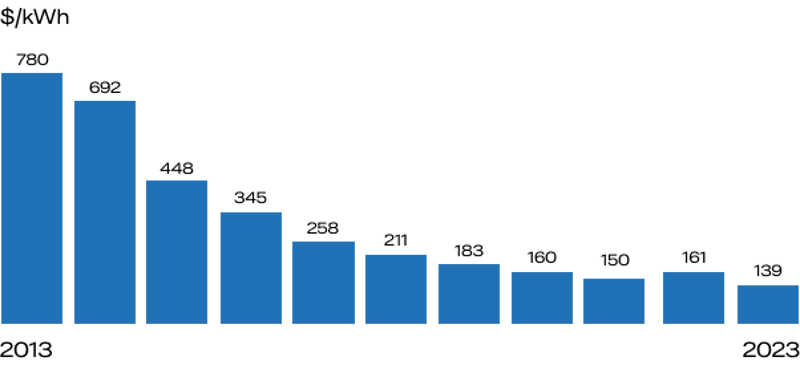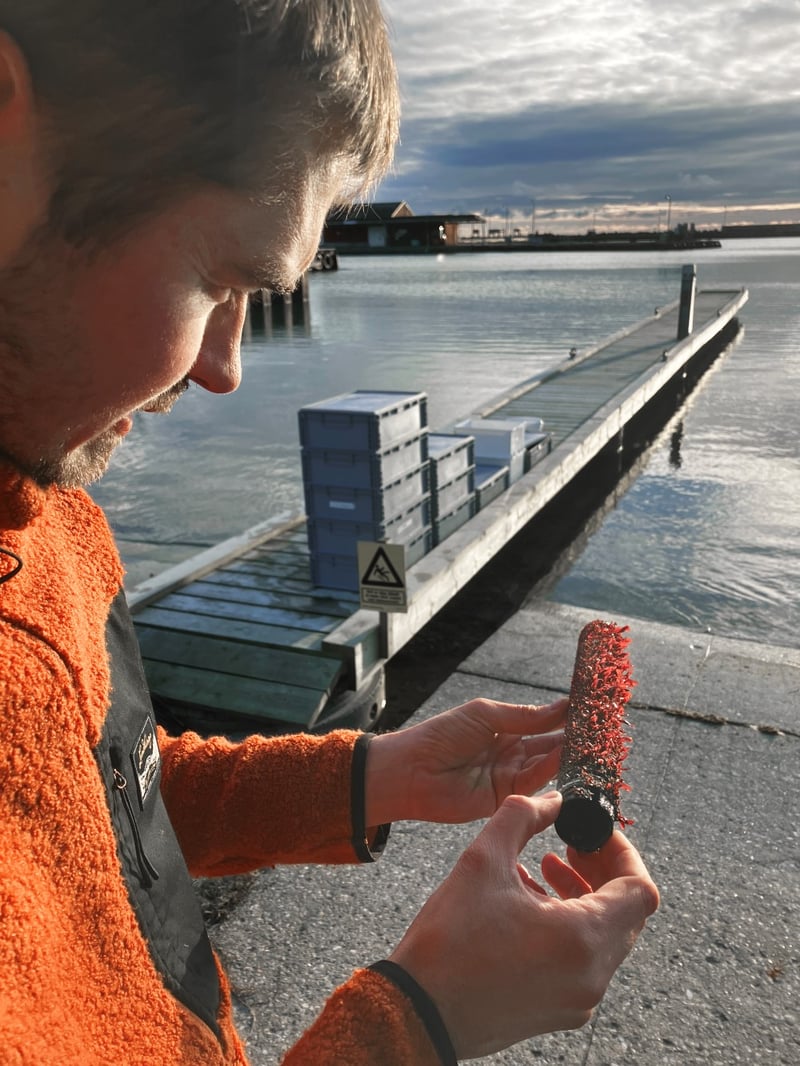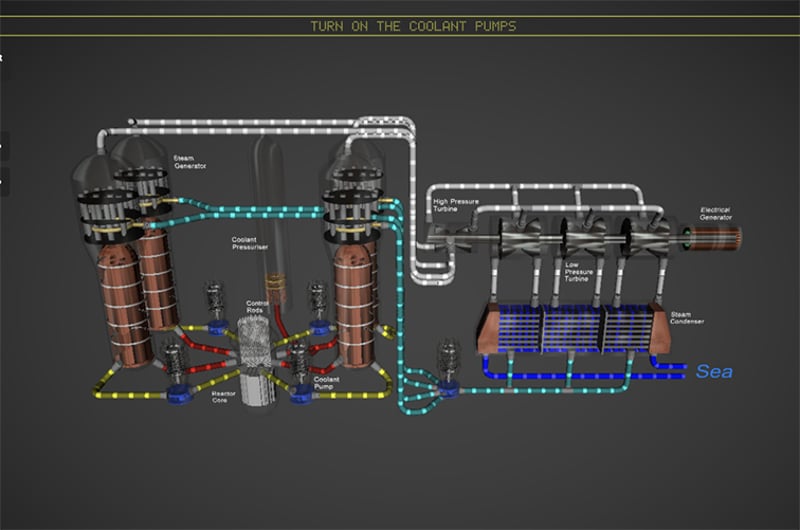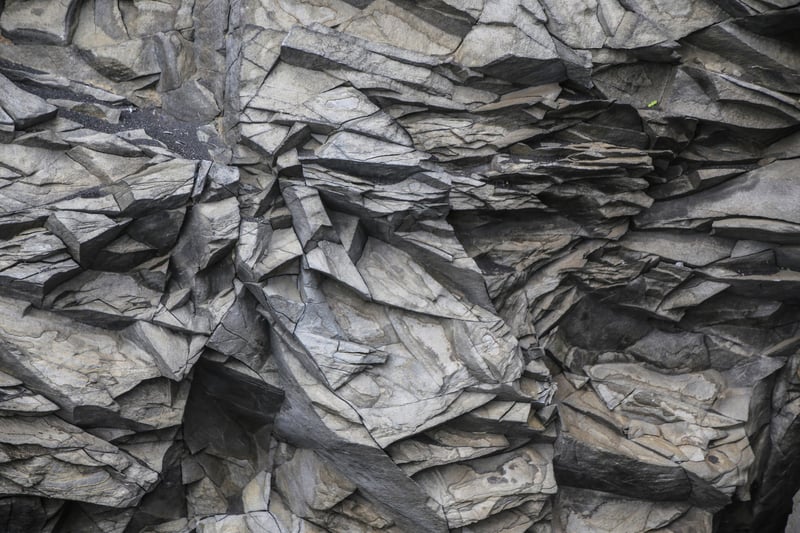THE EDIT
Your monthly briefing on the journey to fossil freedom
Issue #10, Challenges & Solutions, February 2024

The EU elections will have a direct impact on our daily lives, from our daily commutes to the way we power our homes. Photo: Vattenfall
How this year’s EU elections will shape European energy policy – and your future
What to know: As millions of Europeans prepare to cast their votes in this year’s EU elections in June, the Union’s ambitious Green Deal takes centre stage, with energy and environmental concerns in the spotlight. According to Camille Defard, Head of the Jacques Delors Energy Centre in Paris, these issues will play a pivotal role in shaping the future.
Why it matters: While the decisions made in the EU parliament may seem distant to many, their impact can be felt even at a local level. From our daily commutes to the way we power our homes, the laws and regulations emerging from this election directly impact our lives.

Jonas Lloyd. Photo: Karen Rosetzsky
Transforming wind turbine waste into sustainable architecture
Architect Jonas Lloyd envisioned 'visible sustainability' and brought it to life while crafting the facade of a multi-storey car park in southern Sweden. His innovative choice of decommissioned wind farm turbine blades as building material not only adds an eco-friendly touch but also transforms waste into architectural marvels. Discover how

Vinisha Umashankar
“Humble roadside trees could power tomorrow’s flights“
In an exclusive column for THE EDIT, 14-year-old environmental influencer and innovator Vinisha Umashankar unveils her solutions to pressing environmental challenges in her home country of India. From addressing issues with cooking gas and refined sugar to spotlighting the hidden eco-cost of clay bricks and exploring the unexpected potential of humble roadside trees, Vinisha shares her unique perspective, paving the way for a more sustainable tomorrow.
Battery costs drop as EVs speed up

Just ten years ago, consumers mainly knew batteries for powering torches, phones, and computers. Today, they're also a fixture in cars, bikes, and homes. Despite rising demand for batteries, the cost of lithium-ion battery packs has seen a substantial 80 per cent decrease since 2013. BloombergNEF predicts a further drop in 2024, from US dollars 139 per kilowatt-hour (kWh) in 2023 to $133 per kWh. (BloombergNEF)
Researchers reap first seaweed harvest at Vattenfall's Kriegers Flak
At Vattenfall’s Kriegers Flak offshore wind farm, Danish researchers have been investigating the potential for growing food below sea level. They are now set to harvest their first crop of seaweed, with plans to transform it into pasta.

News flash
3 x quick updates from the energy world

In nuclear control
What's it like running a nuclear reactor? This simulator from the University of Manchester allows you to control coolant pumps, reactor core, and steam generators all by yourself. It's harder than it looks!
(Nuclear Reactor Simulator)

The basalt of the earth
Can dust from basalt be used to absorb carbon emissions? In a new project, scientists are incorporating volcanic rock into farming practices to reduce soil acidity and capture carbon from the atmosphere.
(Wired.com)

Significant self-disclosure
During a three-year period, the University of California extensively studied its own use of carbon offsets. Now, they're launching a website to help other organisations ensure the quality of their own offsets.
(Berkeley Public Policy)
And finally …
Prepared for the solar dip
The upcoming solar eclipse across the US in early April is expected to disrupt solar power generation more than any previous eclipse. The US National Oceanic and Atmospheric Administration (NOAA) is responding by incorporating the anticipated reduction in solar radiation into its weather forecasting model. This will help grid operators and others affected by the eclipse prepare for the sudden drop of solar power and explore alternative energy sources.
(NOAA)
